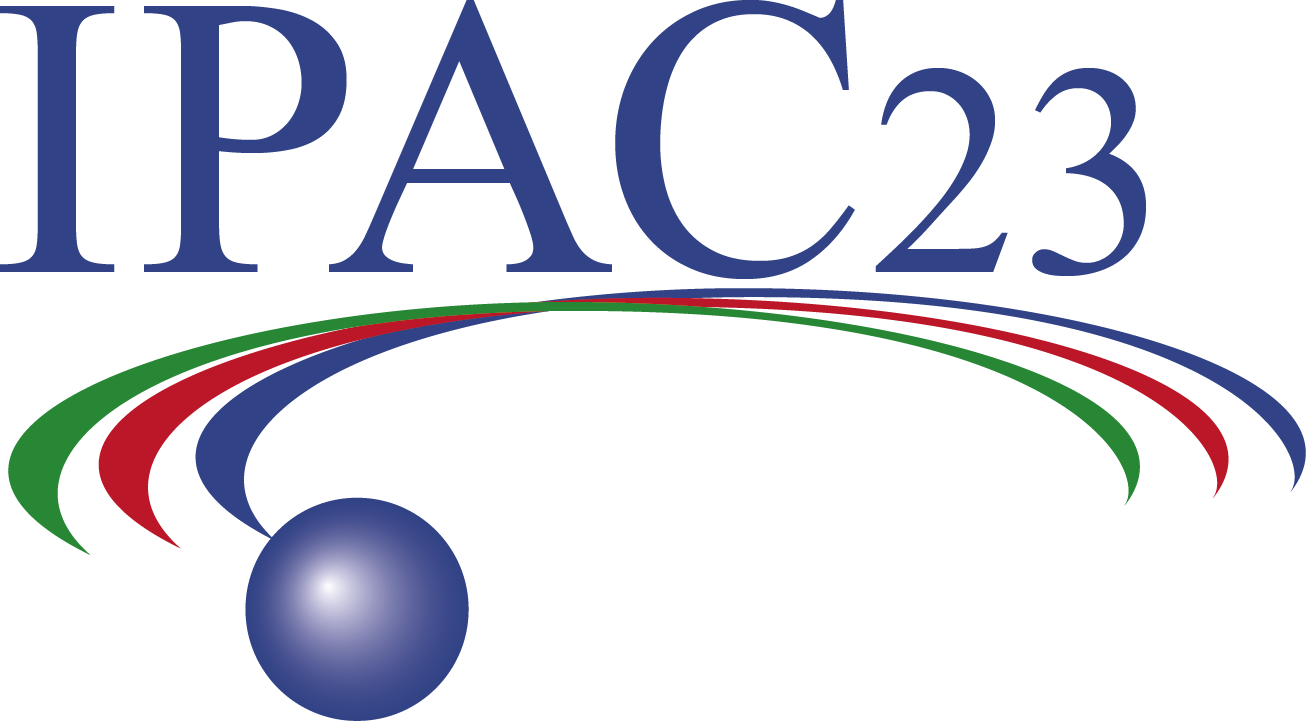Entertainment Session

Sound at the speed of light:
synchrotron radiation and the study of ancient musical instruments
15:50 – 16:30
Speaker
Franco Zanini (Elettra-Sincrotrone Trieste S.C.p.A.)
The structural analysis of historical musical instruments is essential for the definition of restoration and conservation protocols, but also for the study of ancient manufacturing techniques and for the acoustic analysis of these precious objects. The use of synchrotron light microtomography has proved to be the ideal tool for a non-destructive approach in the analysis of instruments of historical importance such as eighteenth-century Italian violins or masterpieces in the history of music such as the first Neanderthal flute and the organs built with paper pipes for the most influential medieval families in Europe.
Musical programme
In collaboration with the Conservatorio di Musica “Giuseppe Tartini” – Trieste
Quartetto Zorja
Mina Opsenica – violin
Snezana Aćimovic – violin
Vanja Radlovacki – viola
Enrico Zambom – cello
Aleksandr Porfir’evič Borodin (1833-1887)
String quartet No. 2
I. Allegro moderato in D major and 2/2 time
III. Notturno: Andante in A major
Borodin’s String Quartet No. 2 in D major differs from many of the composer’s other works in two ways: it was completed quickly, during August 1881, and it lacks a published program. These two factors may be related; Borodin dedicated the quartet to his wife Ekaterina, and it was written as an evocation of when they met and fell in love in Heidelberg 20 years earlier. The composer seems to have represented himself in this quartet with the cello (he was an amateur player), while Ekaterina is portrayed by the first violin.
Thursday, May 11
from 15:50 to 16:30
Room Sala Grande
Palazzo del Cinema

The European Physical Society Accelerator Group (EPS-AG) offers four awards during the 14th International Particle Accelerator Conference (IPAC’23) taking place in Europe. In addition two prizes for best students posters will be awarded during the conference.
2023 European Physical Society Accelerator Awards
The EPS-AG/IPAC’23 Accelerator Prizes are for individuals who have made outstanding contributions to accelerator science and technology, and are committed to its peaceful use and collaboration. The prizes have no restriction as to nationality. They are
- The Rolf Wideröe Prize for outstanding work in the accelerator field with no age limit.
The winner will receive an engraved medal, and make an oral presentation during the Accelerator Prizes Special Session during IPAC’23 - The Gersh Budker Prize for a recent, significant contribution to the accelerator field with no age limit.
The winner will receive an engraved medal, and make an oral presentation during the Accelerator Prizes Special Session during IPAC’23. - The Frank Sacherer Prize for an individual in the early part of his or her career, having made a recent significant, original contribution to the accelerator field.
The winner will receive a framed certificate, and a cash prize of 2.000,00 EUR, and will also make an oral presentation during the Accelerator Prizes Special Session during IPAC’23. - The Bruno Touschek Prize, awarded to a student registered for a PhD or diploma in accelerator physics or engineering or to a trainee accelerator physicist or engineer in the educational phase of their professional career, for the quality of work and promise for the future.
Applicants will be judged on the quality of the work submitted to the conference. The winner will receive a framed certificate, and a cash prize of 1.000,00 EUR and will have the opportunity to make a short oral presentation during the Accelerator Prizes Special Session during IPAC’23. - The Best Student Posters, awarded to 2 students whose work, presented in the special session for students is particularly meritorious.
Each winner will receive a cash prize of 500,00 EUR, during the Accelerator Prizes Special Session during IPAC’23.
When and where
Thursday, May 11
from 14:30 to 15:50
Room Sala Grande
Palazzo del Cinema
Programme
14.30
Prize session presentation
by M. Seidel
14.35
Award cerimony of the 2 best student posters
Award ceremony of the Touschek prize
followed by a short presentation (5′) by the Touschek prize winner
14.50
Award ceremony of the Sacherer prize
presentation by the Sacherer prize winner
15.10
Award ceremony of the Budker prize
presentation by the Budker prize winner
15.30
Award ceremony of the Wideroe prize
presentation by the Wideroe prize winner
Information about prizes
The EPS-AG Accelerator Prizes Selection Committee will decide the winners for prizes 1, 2, 3 and 4 on the basis of preliminary proposals and formal nominations.
Applications for the Bruno Touschek Prize can be submitted here. Candidates for the Touschek prize, apply to be considered, providing a reference and indicating the work for which they wish to be considered for the prize. The new deadline is April the 1st, 2023, at 23:59 CEST.
Information concerning past recipients of the EPS-AG Accelerator Prizes may be found at the EPS-AG website.
Mike Seidel | PSI | Villigen | Switzerland
Chairman of the EPS-AG/IPAC’23 Accelerator Prizes Selection Committee
Questions and nominations to be addressed to IPAC’23 Scientific Secretariat scientific.secretariat@ipac23.org
Prize session presentation by the Chair
Award cerimony of the 2 best student posters; award ceremony of the Touschek prize, presentation by the Touschek prize winner
Award ceremony of the Fra.ok Sacherer Prize
2716 – Nb3Sn superconductors with artificial pinning centers lor high-field accelerator magnets (TH2Gl)
Award ceremony of the Gersh Budker Prize
2258 – THz SASE FEL at PITZ: lasing at a wavelength of lOO~m (THZG2)
Award ceremony of the Rolf WiderOe Prize
2715 – Accelerato, researchers who have helped me (THZG3)
;I
Xingchen Xu ;1
;I
Mikhail Krasifnikov,.
;I
KatsunobuO ide;
Winners of this edition

The EPS-AG Rolf Wideröe Prize for outstanding work in the accelerator field has been given to Katsunobu Oide, KEK and visiting scientist at CERN / University of Geneva, for his many conceptual contributions to linear and circular particle colliders. Examples include the Oide limit of final focus systems and the design of the final focus test beam at SLAC, crab crossing in circular colliders, the beam optics design code SAD, design work for KEKB and KEK-ATF, advanced lattice design for the FCC study, and his leading role in design, commissioning and performance optimization of KEK accelerators.

The Gersh Budker Prize for a recent, significant, original contribution to the accelerator field has been awarded to Mikhail Krasilnikov, DESY/Zeuthen, for his achievements in the development of high brightness electron beams and a high power, tunable THz SASE free electron laser based on those beams, demonstrating lasing at the PITZ facility in 2022.

The Frank Sacherer Prize for an individual in the early part of his or her career goes to Xingchen Xu, Fermilab, for his contributions in demonstrating the effectiveness of the internal oxidation method in Nb3Sn wires to strongly improve the performance of this superconductor by using artificial pinning centers, opening the way to the next generation of high field accelerator magnets.







